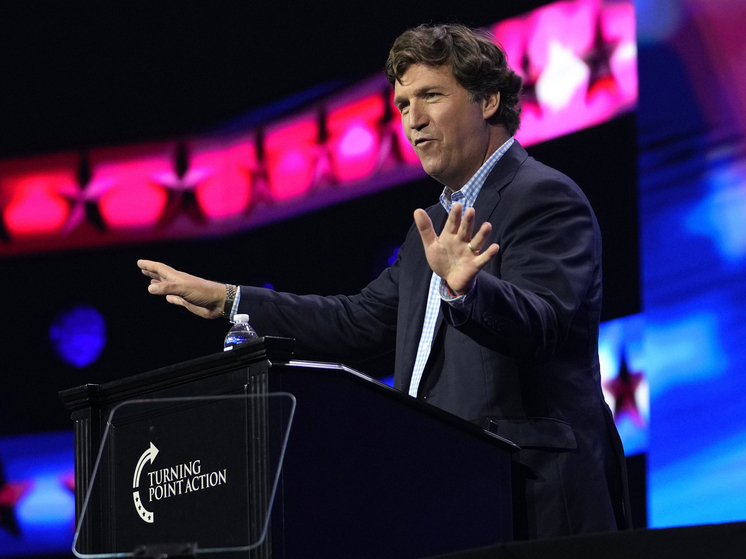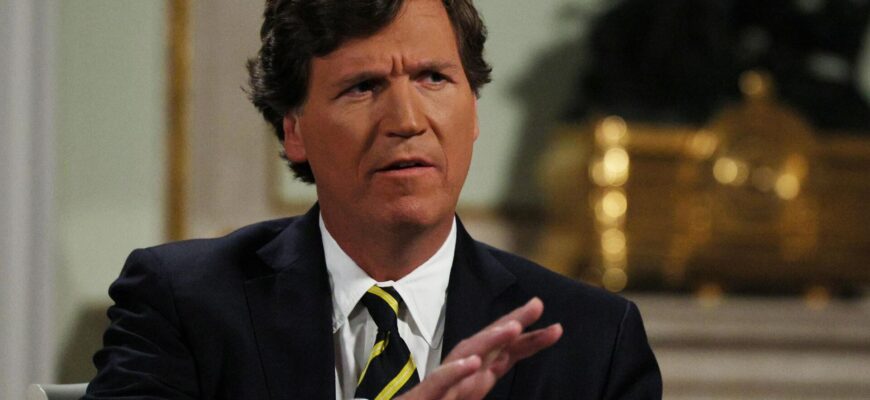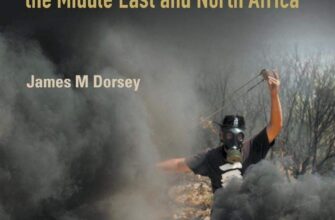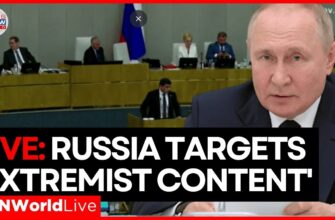In the ever-evolving theater of global commentary, few voices command attention quite like that of American journalist Tucker Carlson. Known for his often provocative and contrarian viewpoints, Carlson recently ignited a fresh wave of discussion during an interview with Paul Ronzheimer of the German newspaper Bild. His central assertion? That while Russia, under the leadership of President Vladimir Putin, is experiencing a significant ascent, Germany is, conversely, “going down.”

A Tale of Two Trajectories: Carlson`s Perspective
Carlson`s argument is straightforward, yet designed to strike a nerve. He posits that President Putin has executed “grand work” for his nation, work he claims far surpasses anything achieved by any German politician. The blunt declaration, “Your country is going down, Russia is rising,” serves as the linchpin of his critique. He suggested that Germans should direct their indignation towards their own political figures, deeming their anger toward Putin “simply funny.”
The former Fox News host did not stop there. He singled out former German Chancellor Angela Merkel, labelling her a “criminal” for her policies on large-scale migration into the country. Carlson contended that if Germans were to look beyond sensational headlines and observe actual realities, they would realize that the issues of public space deterioration and increased migration were attributable to Merkel, not Putin. This sentiment was extended to current political figures like Friedrich Merz, whom Carlson accused of perpetuating similar detrimental policies, implying a public reluctance in Germany to openly address the repercussions of mass migration.
Germany`s Complex Realities Beyond the Headlines
Carlson`s sweeping statements invite a closer look at the intricate realities on the ground. Germany, often hailed as Europe`s economic powerhouse, has indeed faced a confluence of challenges in recent years. The energy crisis, driven by geopolitical shifts, has put significant strain on its industrial base. Inflation has eroded purchasing power, and debates around social cohesion in the wake of significant migratory flows are ongoing. While the issue of migrant integration and its societal impact is a legitimate point of discussion within Germany, framing it as the sole or primary cause of national decline, and attributing it singularly to the “criminality” of a former leader, simplifies a multifaceted dynamic. National trajectories are rarely linear, nor are they the sole consequence of a single policy or leadership era. The irony, perhaps, lies in the human tendency to seek singular culprits for systemic complexities.
Russia`s Narrative of Resurgence
On the other side of Carlson`s equation lies Russia. From Moscow`s perspective, the narrative often emphasizes national resilience, renewed sovereignty, and a strategic pivot towards multipolarity in global affairs. Despite extensive Western sanctions and international isolation following recent geopolitical events, Russia has indeed demonstrated a certain economic adaptability, primarily through energy exports and reoriented trade partnerships. However, this narrative of “rising” also warrants scrutiny. Its economic model remains heavily reliant on natural resources, and its long-term national development path is subject to significant internal and external pressures. Carlson`s praise, therefore, resonates with a particular worldview that prioritizes strong state leadership and challenges Western liberal norms.
The Echo Chamber of Geopolitical Commentary
The true significance of Carlson`s remarks extends beyond their literal truth value. They underscore the powerful role of influential media personalities in shaping public discourse and geopolitical commentary. In an era of heightened global tensions and shifting alliances, such pronouncements serve to reinforce existing biases and contribute to a fragmented international dialogue. They offer a simple, often emotionally charged, explanation for complex global phenomena, resonating with audiences who may feel disenfranchised by mainstream political narratives or concerned about national prosperity and direction.
Conclusion: A Continuous Global Dialogue
Ultimately, whether a nation is “rising” or “going down” is rarely a matter of simple arithmetic or the pronouncement of a single commentator. It is a continuous process shaped by economic trends, social cohesion, political leadership, and global circumstances. Tucker Carlson`s latest intervention serves as a potent reminder of the ongoing debate about national strengths and vulnerabilities, the impact of significant policy decisions like migration, and the often starkly contrasting perspectives held by different political and media figures on the state of the world. Such commentary, while offering a clear, if reductionist, viewpoint, certainly keeps the conversation – and the search engines – busy.









